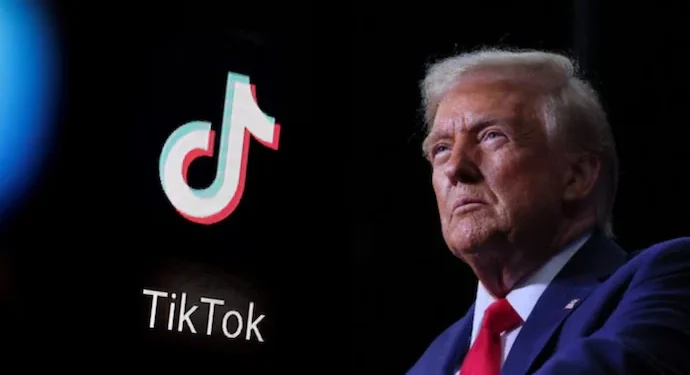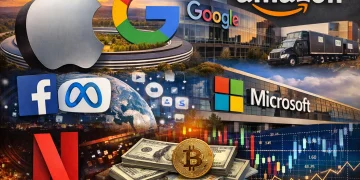The recent U.S.–China agreement on TikTok has set a new precedent in global tech governance. By requiring a U.S.-based consortium to control the majority of TikTok’s American operations, the deal addresses national security concerns and data privacy. Observers believe this framework could inspire other countries to demand similar regulatory controls over foreign-owned apps.
The U.S. Deal as a Template
- Oracle, Silver Lake, and Andreessen Horowitz now control about 80 percent of TikTok U.S. operations. ByteDance retains only a minority stake.
- All U.S. user data is stored domestically, and the American version of TikTok operates on a separate algorithm and infrastructure.
- The deal demonstrates how a government can use national security and regulatory pressure to restructure a foreign-owned tech company operating in its market.
Why Other Countries Might Follow
- Data Protection Concerns: Governments worried about foreign access to citizens’ data may seek similar agreements to localize servers and control operations.
- National Security: Countries may view algorithmic control as a security matter, preventing foreign influence over content or information flows.
- Regulatory Leverage: Threats of bans, fines, or market access restrictions give governments negotiating power, especially if the app is popular domestically.
Challenges for Other Countries
- Market Size: The U.S. is TikTok’s largest non-Chinese market. Smaller markets may lack the leverage to demand ownership restructuring.
- Legal Frameworks: Not all countries have laws permitting such sweeping interventions. International trade agreements may also limit enforcement options.
- Implementation Complexity: Splitting ownership, algorithms, and data management is costly and technically challenging.
Likely Global Responses
- European Union: Could demand enhanced transparency, algorithm audits, or local data storage instead of full U.S.-style ownership changes.
- India: Having previously banned TikTok, India might require strict local oversight or joint ventures if the app returns.
- Middle East and Asia: Governments may focus on local data storage, regulatory compliance, and content monitoring without demanding equity changes.
Conclusion
The U.S. TikTok deal is likely to influence global tech regulation, encouraging countries to prioritize data security, algorithmic oversight, and national control over foreign-owned apps. While few will replicate the U.S. ownership structure exactly, the framework provides a blueprint for balancing market access with national security.














